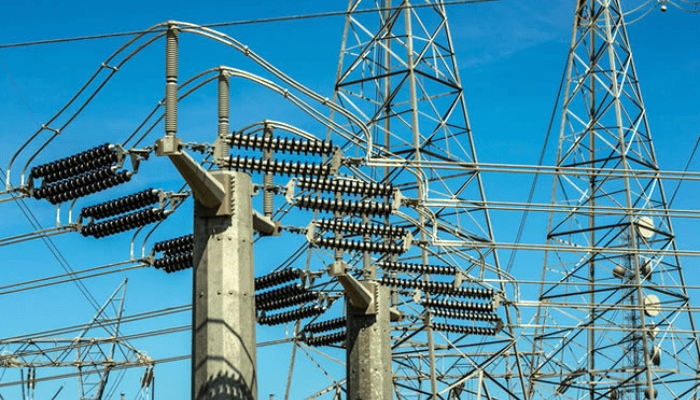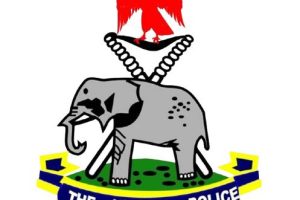Electricity consumers in Nigeria paid a total of 509.84 billion naira (approximately £265 million) in the fourth quarter of 2024, despite enduring five significant collapses of the national power grid during the same period, according to a report by Nigerian newspaper The PUNCH.
The Nigerian Electricity Regulatory Commission (NERC) revealed in its latest report that the country experienced three total grid collapses and two partial collapses between October and December 2024.
Despite these disruptions, the revenue generated by the electricity distribution companies (Discos) in the last three months of the year was higher than the previous quarter. NERC reported that the Discos collected 509.84 billion naira, an increase from the 466.69 billion naira collected in the third quarter.
The report also indicated a slight improvement in collection efficiency, with 77.44% of billed amounts being paid in the fourth quarter, up from 74.55% in the third quarter.
However, this revenue was generated while the power grid, a network designed to operate within specific voltage and frequency ranges, suffered multiple collapses. NERC explained that deviations from these stability levels can lead to power outages, ranging from localised disruptions to complete nationwide blackouts.
The regulatory body detailed the instances of grid failure, stating that partial collapses occurred on October 14 and November 5, 2024, while total collapses happened on October 19, November 7, and December 11, 2024.
NERC said that the system operator would be required to submit a detailed report on the causes of these incidents and outline measures to prevent future occurrences. Notably, two further partial grid collapses have already been reported in the first quarter of 2025, causing more power outages for consumers.
Regional Performance Variations
The NERC report highlighted significant variations in the performance of different Discos across the country. Eko and Ikeja Discos, both operating in the Lagos area, recorded the highest collection efficiencies at 90% and 82.3% respectively. In contrast, Jos Disco, serving a region in central Nigeria, had the lowest collection efficiency at 49.68%.
Comparing performance between the third and fourth quarters of 2024, eight Discos showed improvements in collection efficiency, with Yola and Kano recording the most significant increases. However, three Discos, including Jos and Abuja, experienced a decline in their collection efficiency over the same period.
NERC attributed the slight improvements in billing and collection efficiencies to reduced energy offtake during the fourth quarter compared to the third. This allows Discos to allocate a higher proportion of their energy to areas with better payment rates.
Metering Initiatives
The commission emphasised that accurate customer enumeration and the installation of meters are crucial for improving energy accounting and revenue collection.
NERC recalled its order on the operationalisation of the Meter Acquisition Fund (MAF), which came into effect in June 2024. This order directed Discos to use the first tranche of funds from the MAF scheme to procure and install meters for unmetered Band A customers (those who receive a higher level of service).
The report stated that by December 2024, Discos had metered over 4,000 Band A customers through the MAF scheme. NERC also expects Discos to continue utilising other metering frameworks to improve meter penetration across their service areas. This is seen as essential for reducing commercial losses and improving the financial flow within Nigeria’s electricity supply industry.
The continued grid instability despite significant consumer payments raises ongoing concerns about the reliability of Nigeria’s power supply and the effectiveness of measures to improve the sector.




Add Comment